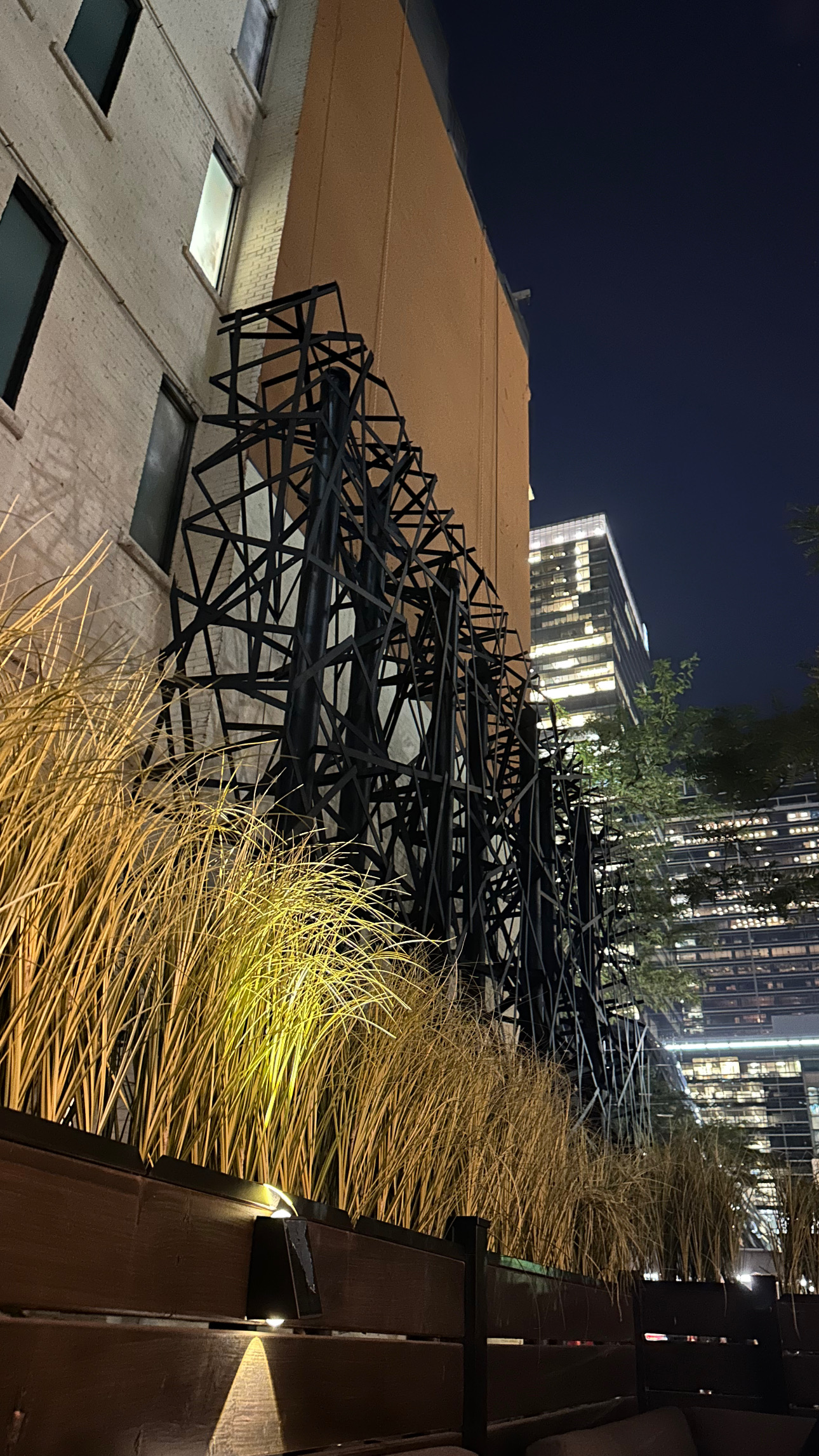You’re at brunch. The conversation is fine, light, and maybe even funny. But as you leave, a quiet empty sets in and you're not sure why. You like these people. But you feel… disconnected. Underwhelmed. Almost lonelier than if you’d stayed home.
If this resonates, you’re likely experiencing intellectual loneliness—a type of disconnection that doesn't come from being alone, but from not being met.
As a therapist who works with high-achieving, emotionally intelligent, and often neurodivergent clients (and as someone who’s felt this personally, too), I want to offer a new frame for this quiet but very real kind of loneliness.
What Is Intellectual Loneliness?
Intellectual loneliness isn’t about being the smartest person in the room. It’s about craving conversations that are layered, meaningful, alive with curiosity, and not finding many people who want to go there with you.
It’s the discomfort of surface-level interactions when your inner world is rich and always thinking.
It’s Googling things like:
- “Why do I feel lonely even with friends?”
- “No one invites me out anymore”
- “No one gets how I think”
It’s not arrogance, but it is a longing.
Who Feels This Most?
You’re not imagining it. This experience is common among:
- High achievers who are praised for performance but rarely mirrored emotionally
- Neurodivergent adults, especially those with AUDHD, who think in nonlinear, layered ways
- Emotionally intelligent clients who pick up more than they let on
- Gifted or highly sensitive people who grew up feeling misunderstood
- Therapists, healers, and helpers who often hold space for others, but rarely feel held themselves
For me, it became especially noticeable post-grad school. I could hold complex clinical conversations or support clients with deep insight, and yet, in my personal life, something felt slow and shallow. Like watching a movie on 0.5 speed, when all I wanted to do was find fast forward.
Why It Hurts So Much
Intellectual loneliness isn’t just social: It’s emotional, existential, and nervous-system based.
Here’s why I think it can feel so heavy:
- Masking and performance-based self-worth: Many of us learned to prioritize being helpful, smart, or easy to be around instead of authentic
- Understimulation: When conversations don’t stretch or engage you, your brain leans out and your body follows
- Existential isolation: This is the deep, sometimes sacred awareness that no one can ever fully live your experience
- Comparison and disconnection: We start to focus on how different we are from others, instead of anchoring in what connects us
When you’re not mirrored intellectually or emotionally, you can start questioning your standards, your belonging, even your worth.
A Reframe: You’re Not “Too Much”
What if this isn’t about being too much, but about needing people who think as they talk?
People who reflect before reacting. People who are becoming, and not just performing.
The truth is, craving growth-minded relationships isn’t a flaw—it’s a compass. It’s pointing you toward the kinds of connections that match your depth.
And yes, it can feel frightening to admit that your current relationships might not be meeting you where you are now. But that empty feeling? That desire for more? It’s sacred.
What Helps
You can’t force people to think differently, but you can choose to honour your need for depth.
Here are a few ways to start:
1. Do a post-socializing check-in
Ask yourself:
- How did I feel after that conversation?
- What parts of me did that person bring out—playful, sarcastic, tender?
- Was I energized or drained?
- Am I craving more or less of that type of match?
2. Seek slow spaces
Join writing groups, retreats, or intentional meetups where people are open to depth. The right spaces create resonance (not just noise.)
3. Name the need
Let yourself say, “I’m craving more stimulating conversations lately.” You’re allowed to want connection that lights your brain and your heart.
4. Notice the difference between fitting in and belonging
Fitting in requires performance. Belonging invites authenticity. Seek the latter (even if it takes time.)
Final Words: You’re Not Alone in Feeling Alone
Intellectual loneliness doesn’t mean you’re broken. It means you’re awake.
You’re the kind of person who feels most alive in meaningful dialogue. Who wants to keep growing. Who sees the world through curious, complex eyes. And that’s a gift.
Yes, it might take more effort to find your people, but they’re out there. Craving the same thing. Watching the same slow-motion movie. Waiting for someone like you to say, “Hey, do you feel this too?”
Ready to unpack this further or find your way back to alignment?
Book a discovery call with one of our therapists. Let’s explore how your need for connection, depth, and understanding can be a starting point for healing-not something to hide.








